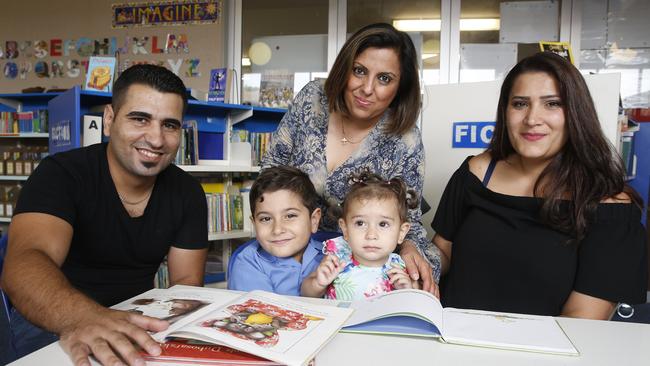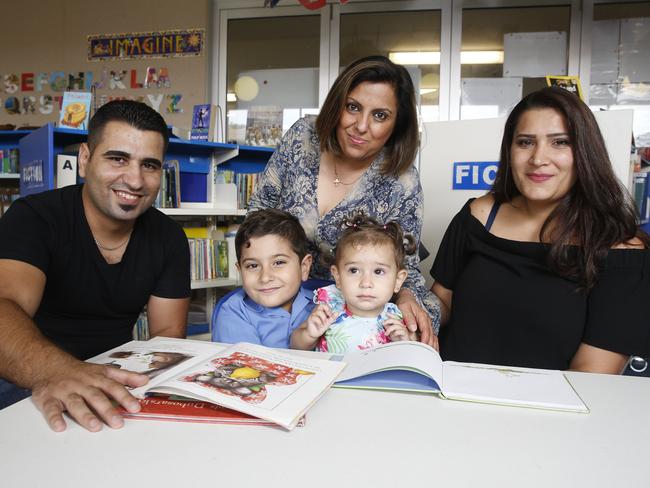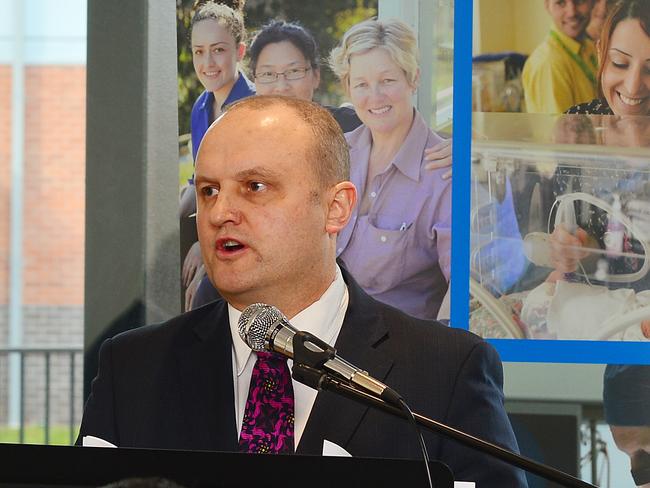Refugees could be forced to attend English classes or risk losing welfare payments
EXCLUSIVE: Refugees would be forced to attend English classes or risk losing welfare payments under a radical proposal being pushed by a migrant support group.

NSW
Don't miss out on the headlines from NSW. Followed categories will be added to My News.
- Sydney school launch petition against child refugees in detention
- Turnbull government to hand cash bonuses of $20K to seekers
REFUGEES would be forced to attend English classes or risk losing welfare payments under a radical proposal being pushed by a migrant support group.
Humanitarian arrivals currently receive welfare payments for 13 weeks after arriving in Australia before they are forced to work, study or actively search for a job.
But a migrant support group said the strict activity test for new arrivals means refugees often gave up vital language classes after just three months for fear of losing their payments.

In a submission to a Parliamentary inquiry, the Southern Migrant and Refugee Centre (SMRC) suggested “futile activity testing” be abolished and welfare payments instead be linked to attendance at English classes.
Acting chief executive Despina Haralambopoulos said poor English skills were often a major barrier preventing new arrivals from participating in the workplace or education.
“The activity test takes away from their capacity to attend English language classes,” Ms Haralambopoulos said.
RELATED: REFUGEES NEED OUR HELP, BUT SOME AREN’T WHAT THEY SEEM
“We have people that really want to contribute back. They are appreciative of what they have here and the genuinely want to contribute to the community.
“Employers also tell us that they want to recruit from the multicultural communities but they have obligations around OH & S and people need to have a capacity to understand.”
A joint parliamentary committee is investigating settlement services for new arrivals amid growing concern that communities in Western Sydney in Melbourne’s outer south east are struggling with the huge influx of refugees.

After just one month of hearings committee chair Liberal MP Jason Wood said poor English had been identified as a major obstacle to settlement.
“It is very apparent that the lack of English on arrivals for new migrants makes it extremely difficult,” Mr Wood said.
“Even though 510 hours of English is provided by government, evidence suggests most new arrivals only access about 340 hours.
“It is becoming apparent that for a person to have the best chances of assimilating into Australia they need to have a good standard of English understanding otherwise their new life in Australia will always be a struggle, especially for young people.”


